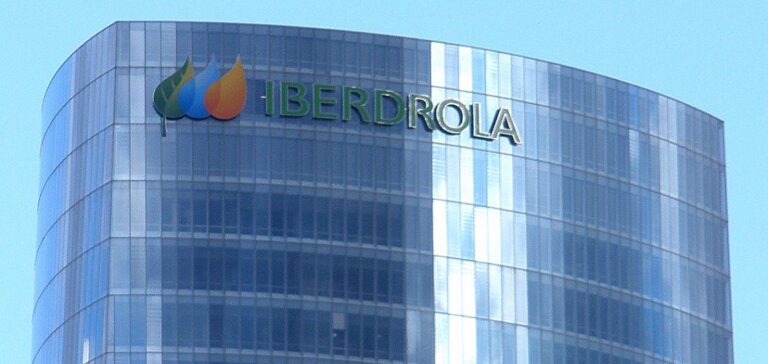Spanish energy giant Iberdrola reported a record net profit of €5.61 billion for 2024. This represents a 17% increase over the €4.8 billion recorded in 2022, exceeding analysts’ expectations, which had predicted €5.53 billion.
Asset sales and strategic investments
The improvement in profitability was partly due to the sale of 13 power plants to the Mexican government, which contributed an extraordinary €1.2 billion to the company’s net result. At the same time, Iberdrola continued its expansion into renewable energy, with a record €12 billion investment over the past 12 months, up 5% from the previous year.
Revenue decline despite strong performance
Despite these results, the company’s revenue dropped by 9%, amounting to €44.74 billion, compared to €49.33 billion in 2023. This decline was due to a reduction in the company’s global electricity production, although renewable energy production showed significant growth. The United States and the United Kingdom accounted for 70% of the company’s investments during the year.
Tax impact and growth prospects
The introduction of an extraordinary tax on the profits of large energy companies in Spain also impacted Iberdrola’s results. The company paid €2.15 billion in taxes under this measure in 2024. Nevertheless, Iberdrola remains optimistic about future growth, with President Ignacio Sánchez Galán highlighting the growing importance of electrification in the global industrial sector, viewing it as a strategic opportunity for the company.
In March, Iberdrola announced an investment plan of €41 billion between 2024 and 2026. The funds will primarily be allocated to the United States (35%), the United Kingdom (24%), and the Iberian Peninsula (15%), reinforcing the company’s focus on renewable energy and distribution network expansion.






















